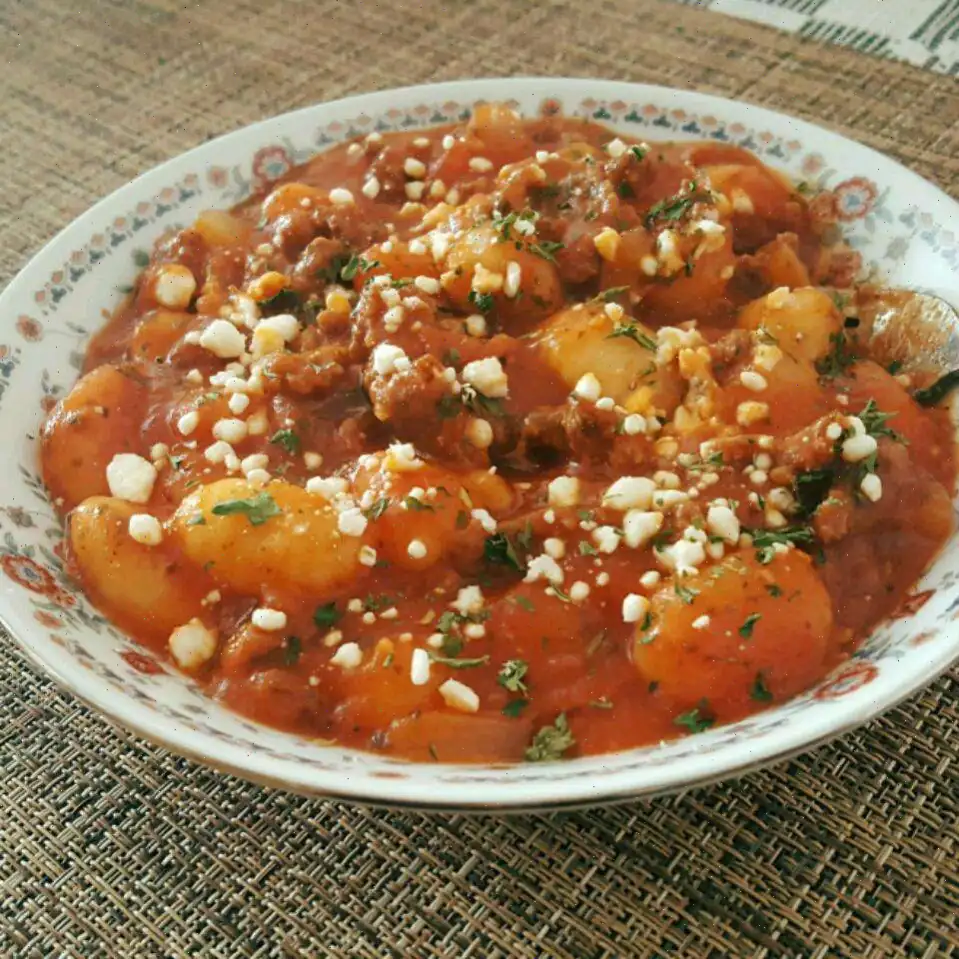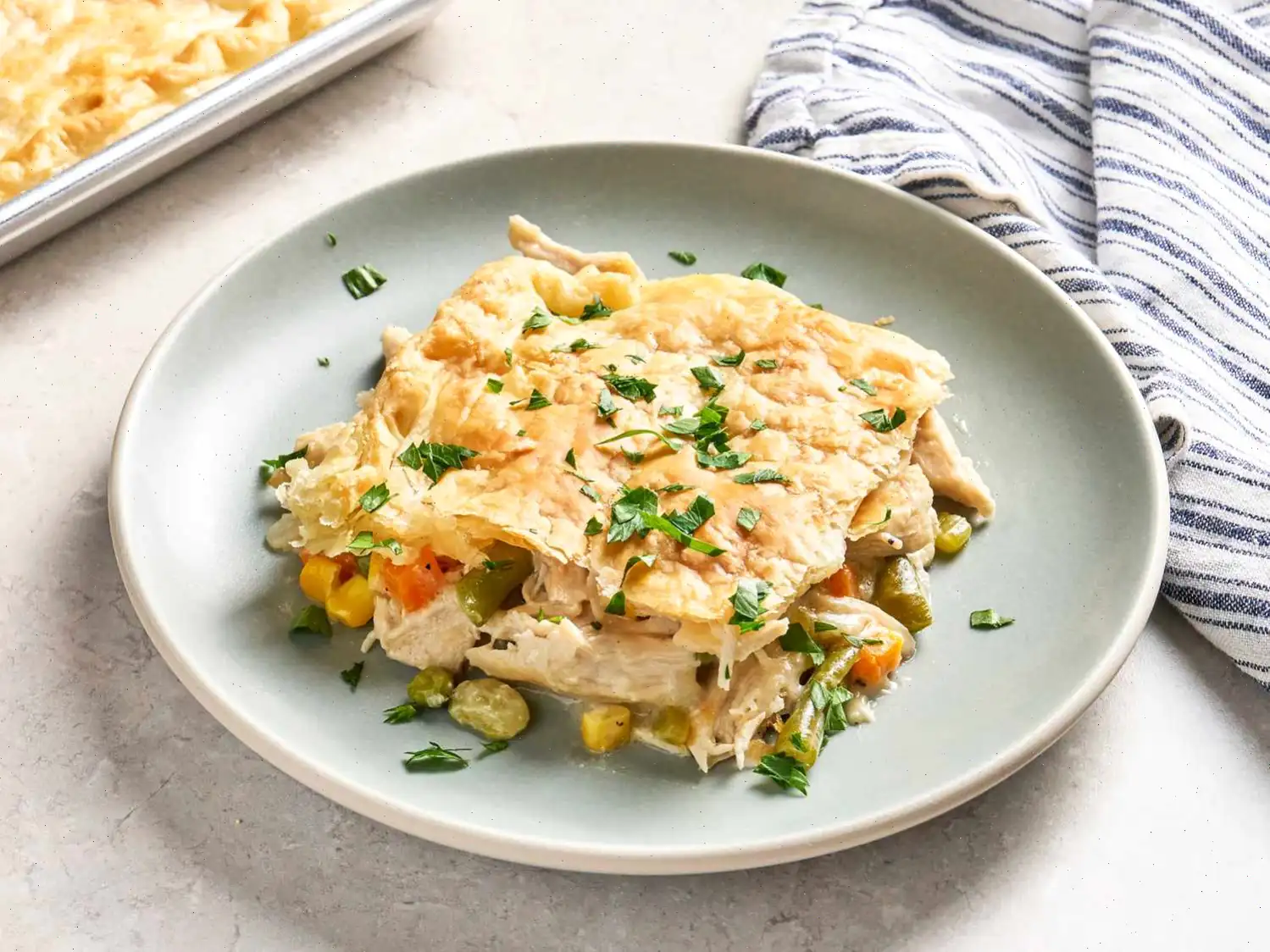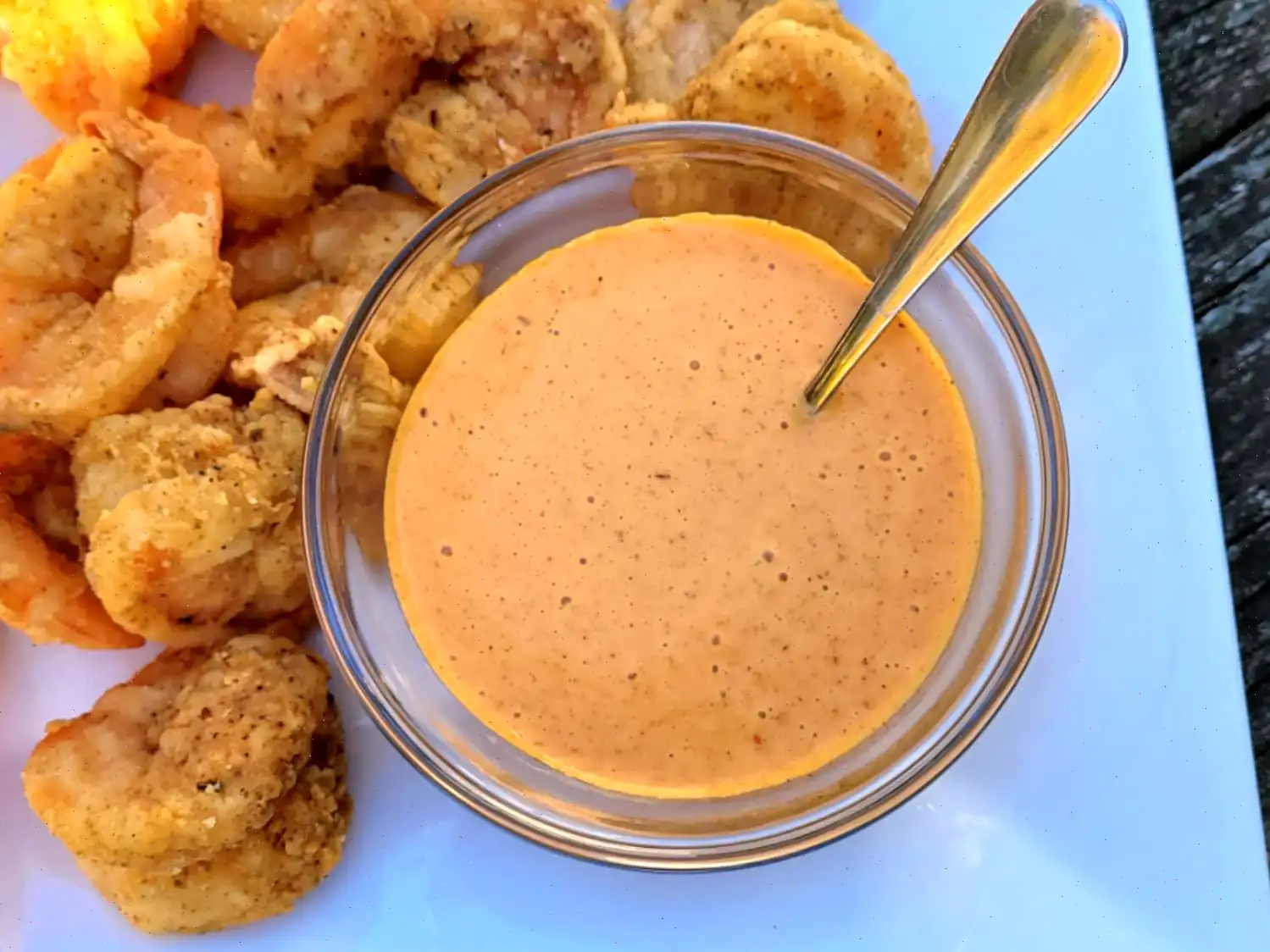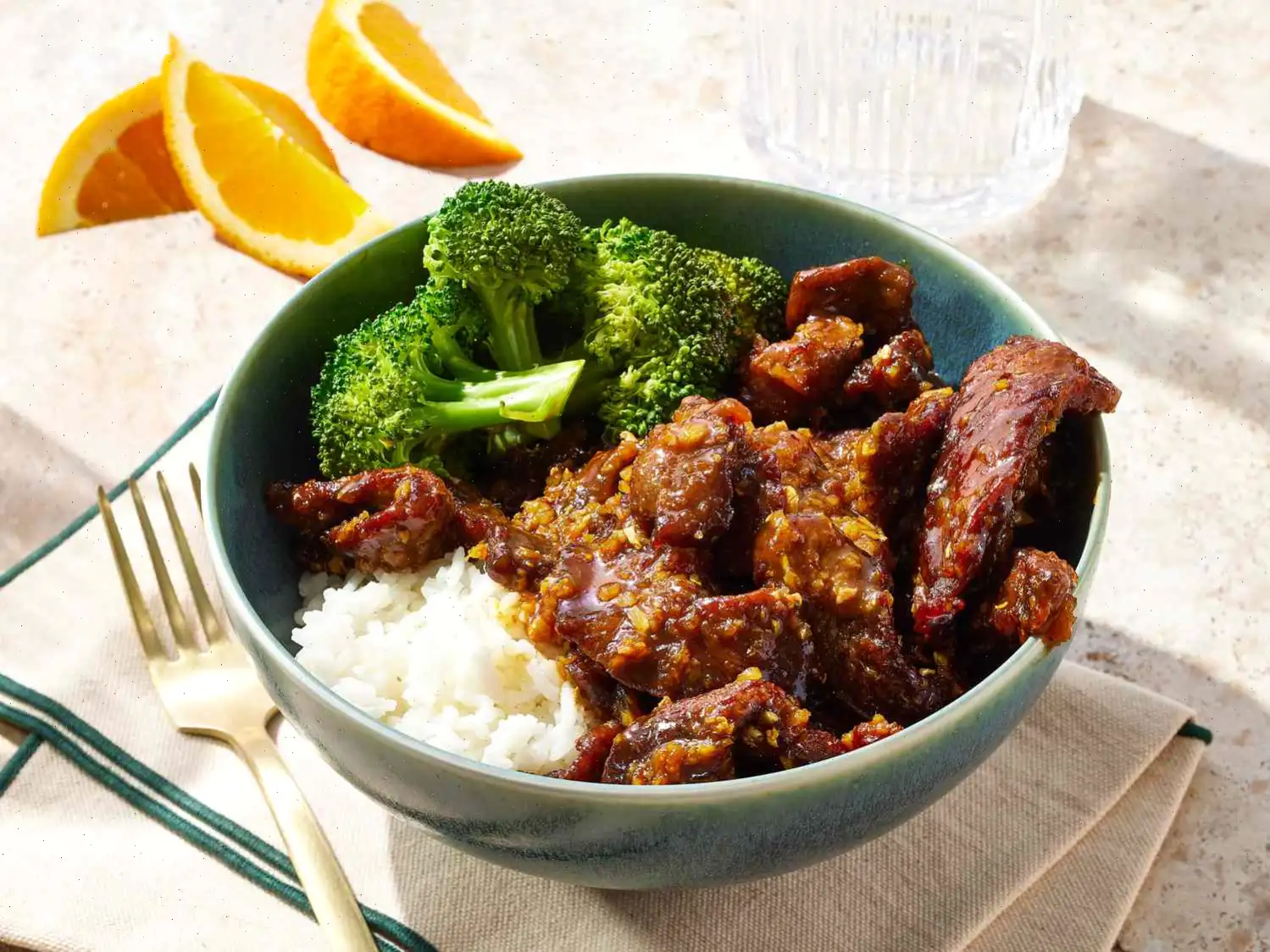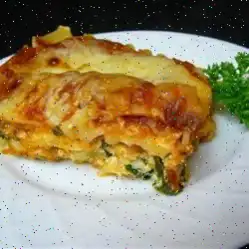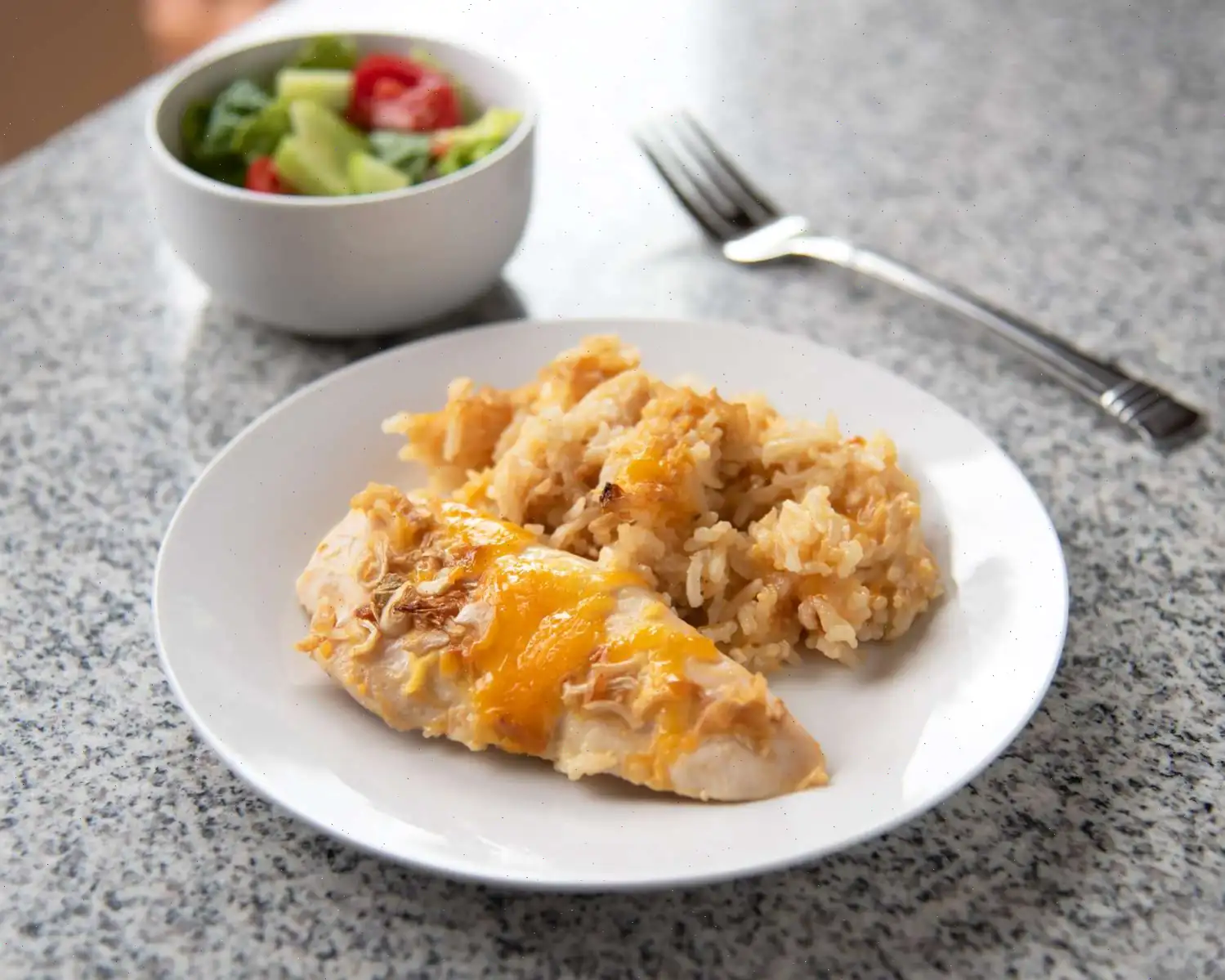
Chef John's Potato Gnocchi Recipe
Ingredients:
- 1 large russet potato
- Pinch of salt
- 1 egg, beaten
- cup all-purpose flour, plus more as needed
- 1 cup marinara sauce, heated, or more as needed, divided
- Freshly grated Parmigiano-Reggiano cheese, for serving
Directions:
- Place the potato in the microwave and cook on high until fully cooked, about 7 minutes. The exact time will vary depending on the size of the potato.
- Once cooked, split the potato in half and scoop out the flesh. Use the back of a wooden spoon to push the flesh through a strainer, creating a granular texture.
- Add a pinch of salt to the potato and let it cool for about 10 minutes.
- In a separate bowl, add the beaten egg to the cooled potato. Stir gently with a fork, being careful not to mash the potato.
- Gradually add cup of flour and continue stirring until the mixture starts to come together. You may need to add a little more flour to achieve the desired consistency.
- Once the mixture starts forming a dough, fold it with a spatula until it holds together as a mass. Add more flour as needed.
- Gently knead the dough with your hands for about 10 seconds to form a ball.
- On a floured surface, shape the dough into a thick log. Cut the log into four equal pieces.
- Roll each piece into a long "snake" or rope, using your fingertips. The dough should be about inch thick.
- Cut each rope into -inch pieces, then roll each piece quickly down the back of a forks tines to form ridges.
- While preparing the gnocchi, heat the marinara sauce in a skillet over medium heat.
- Bring a large pot of salted water to a boil, then reduce it to a simmer. Add the gnocchi to the water. Once they float to the surface (about 30 seconds), cook for an additional 14 seconds.
- Using a slotted spoon, transfer the cooked gnocchi to the skillet with the marinara sauce. Stir gently until the gnocchi are well-coated in the sauce.
- Serve the gnocchi topped with freshly grated Parmigiano-Reggiano cheese.
Nutrition Facts (per serving):
- Calories: 411
- Total Fat: 7g (9% Daily Value)
- Saturated Fat: 2g (11% Daily Value)
- Cholesterol: 98mg (33% Daily Value)
- Sodium: 597mg (26% Daily Value)
- Total Carbohydrates: 74g (27% Daily Value)
- Dietary Fiber: 8g (29% Daily Value)
- Total Sugars: 13g
- Protein: 13g (27% Daily Value)
- Vitamin C: 39mg (43% Daily Value)
- Calcium: 95mg (7% Daily Value)
- Iron: 4mg (24% Daily Value)
- Potassium: 1242mg (26% Daily Value)
* Percent Daily Values are based on a 2,000 calorie diet. Your daily values may be higher or lower depending on your calorie needs.

Origin and History of Gnocchi
Gnocchi, a traditional Italian dish, has roots that stretch back to ancient Roman times. The name "gnocchi" is derived from the Italian word "nocchio," meaning a knot in wood or "nocca," meaning knuckle, reflecting their small, rounded shape. These dumplings were originally made from a variety of ingredients, including bread and eggs, but the introduction of the potato to Europe in the 16th century led to the development of the more modern version we enjoy today. This specific recipe from Chef John is based on the potato gnocchi tradition, which became popular across Italy, particularly in the northern regions.
Regional Features and Variations
Gnocchi is a dish that varies greatly depending on the region of Italy. In the northern parts of Italy, especially in regions like Trentino-Alto Adige and Friuli Venezia Giulia, gnocchi are often made with potato, flour, and eggs. In southern Italy, gnocchi are frequently prepared with semolina, ricotta, or even pumpkin. Chef Johns potato gnocchi is an excellent example of the northern style, emphasizing the soft and delicate texture that makes it a comforting dish for any occasion.
One of the unique aspects of this recipe is its simplicity. By using just a single large russet potato, it transforms a humble ingredient into a dish that is both filling and flavorful. Unlike some gnocchi recipes, which use additional ingredients such as ricotta cheese or spinach, this version keeps the potato as the star of the show, with minimal interference from other flavors.
How Does Chef Johns Gnocchi Differ?
While many gnocchi recipes require multiple types of flour or long, intricate steps, Chef Johns recipe is simple and straightforward. The use of a single russet potato as the base, combined with just a little flour, creates a soft and pillowy texture. Additionally, the use of a strainer or ricer to process the potato ensures that the gnocchi dough maintains a smooth consistency, which helps to avoid a heavy or dense texture often found in less carefully prepared gnocchi.
Another key difference is in the method of cooking. Chef Johns recipe recommends boiling the gnocchi briefly, only until they float to the surface, which ensures they are cooked through without becoming too soggy or overcooked. This results in a perfect balance of texture, with the gnocchi being tender yet slightly firm, making them ideal for pairing with a rich marinara sauce or any favorite topping.
Where is Gnocchi Typically Served?
Gnocchi is traditionally served as a main course or as a side dish to accompany meats and vegetables, particularly in Italian households. It's most commonly found in Italian trattorias or family-style restaurants, especially during colder months, when comfort food is most desirable. The dish is often paired with hearty sauces like marinara, pesto, or a brown butter and sage sauce.
In Italy, gnocchi is particularly popular on Thursdays, a custom rooted in the tradition of "gnocchi Thursdays," where families would prepare and enjoy this dish together. It is also a staple of festive gatherings, holidays, and celebratory meals, given its ability to satisfy and feed large groups of people.
Interesting Facts About Gnocchi
- In Italy, there is a superstition that if you eat gnocchi on the 29th of every month, you will be blessed with good fortune for the coming month!
- The texture of gnocchi can be improved by rolling each piece across the back of a fork, creating ridges that hold sauces more effectively. This is a traditional technique, often used in Italian kitchens.
- Gnocchi can be made in many different ways. While potato gnocchi is the most popular, variations exist that use ingredients like pumpkin, ricotta cheese, and even spinach, depending on the season or region.
- The term "gnocchi" is believed to be linked to the Latin word "nocca," meaning knuckle, which is why gnocchi are often shaped in a way that resembles little knuckles or lumps of dough.
You can listen to this recipe in AI audio format. Simply click the play button below to listen to the content in a format that suits you best. It’s a great way to absorb information on the go!
FAQ about Chef John's Potato Gnocchi Recipe
Comments
Jonathan Diaz
05/30/2024 07:51:24 PM
I absolutely adored this recipe and had to make a double batch as I was serving five people. If you're a fan of Top Chef, you'll understand the pressure of the presentation – my sister and I even had our own mini competition. Despite doubts from my parents, I, at 9 years old, rose to the challenge. Cooking is a passion of mine, and my friend enjoyed the dish as well. I also whipped up my own marinara sauce to go with it.


